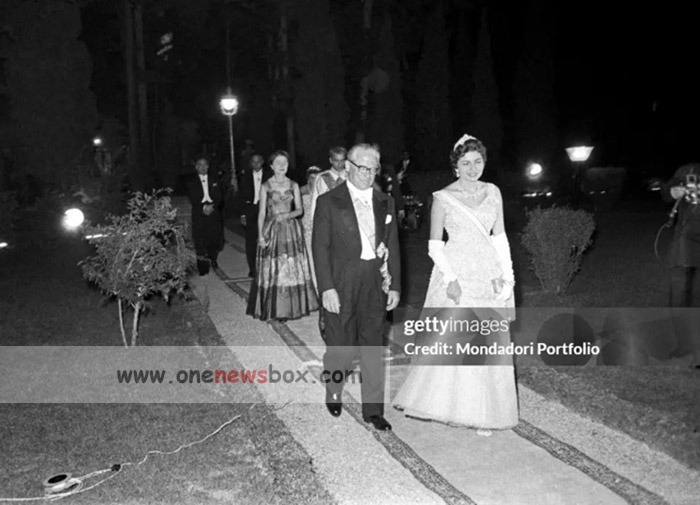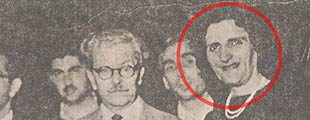Economic Challenges and Foreign Relations
The oil of the Persian Gulf pumps its steady stream of dollars, and new trade agreements, like the one with Italy which guarantees Iran the lion’s share of a 25-75% split, will certainly affect the 50-50% deals that have been standard with British and most U.S. companies. The development plans are good, but their allotted revenues have sometimes been borrowed for other purposes, and the Shah himself wishes that there were more “visual impact” schemes to give his poverty-stricken people a feeling of hope.
Iran remains a precarious outpost. The bloody July revolution in neighboring Iraq sent an apprehensive shudder through Iran’s top thousand families and made them more receptive to the Shah’s reforms. Though Iran is a Muslim nation, its people are not Arab, and the Shah is thus insulated from the Nasser virus. The Soviet Union, through pudgy Ambassador Nikolai Pegov, has lately purred friendship and slyly supported Iran’s claim to Britain’s oil-rich Bahrein Island. The Soviet Union sent its dancers and acrobats, sponsored joint Russian-Iranian projects such as locust control on the border, even promised junketing President Kliment Voroshilov would come to Tehran next month in repayment for the Shah’s 1956 visit to Moscow. But all Iranians remember Stalin’s attempt to grab Azerbaijan in the north after World War II.

